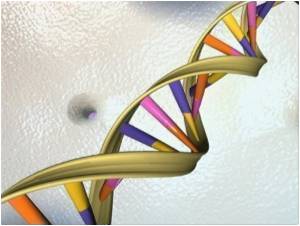American researchers say that rapid environmental changes may have driven human evolution, occurring one after the other in east Africa about two million years ago.

Katherine Freeman, professor of geosciences at the varsity said: "There is a view...Africa was the 'Great Drying' when the environment slowly dried out over three million years."
"But our data show that it was not a grand progression towards dry. The environment was highly variable," added Magill.
"Early humans went from having trees available to having only grasses available in just 10 to 100 generations, and their diets would have had to change in response," he said.
"Our data are consistent with these hypotheses. We show that the environment changed dramatically over a short time, and this variability coincides with an important period in our human evolution when the genus Homo was first established and when there was first evidence of tool use," said Magill, according to a Penn statement.
The researchers, including Gail Ashley, professor of earth and planetary sciences at Rutgers University, examined lake sediments from Olduvai Gorge in northern Tanzania.
Advertisement
In particular, they looked at biomarkers - fossil molecules from ancient organisms - from the waxy coating on plant leaves.
Advertisement









